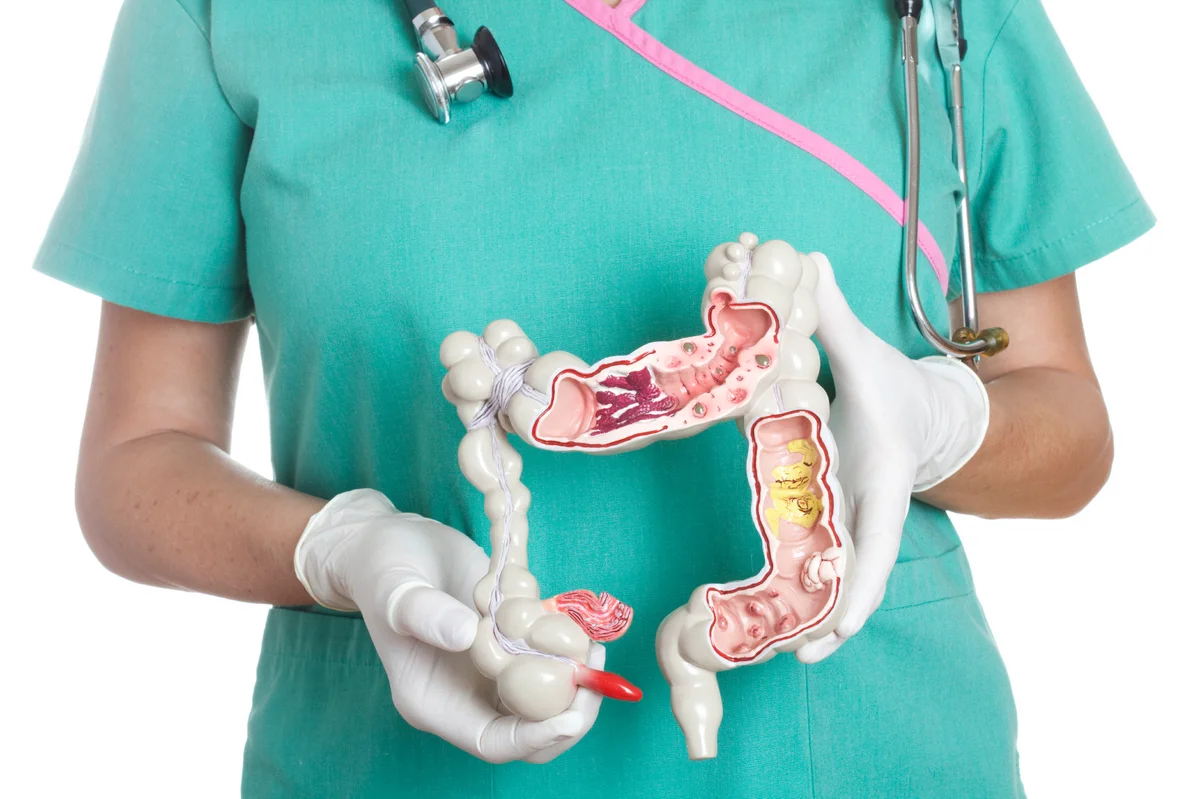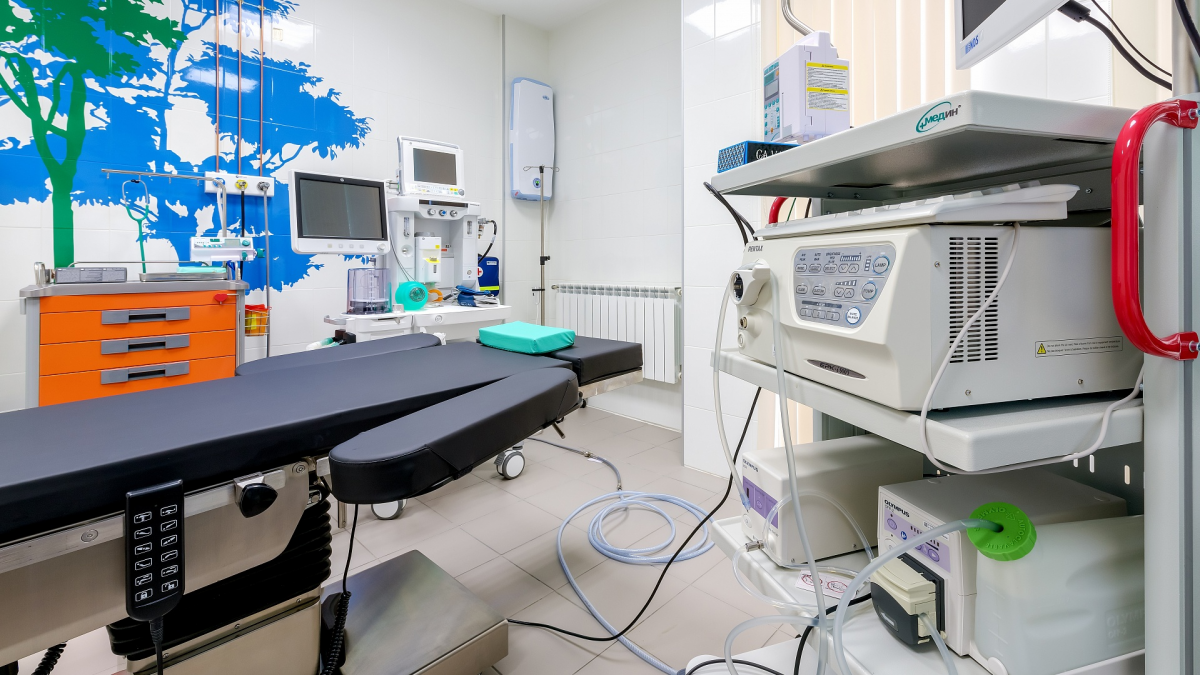Proctology
Proctology includes several disciplines – gastroenterology, surgery, endoscopy and therapy. From there, a proctologist or a coloproctologist knows about intestine, diagnostic methods of intestine, anus, anorectal area; medicamentous, surgical and endoscopic ways of treatment.

A proctologist can treat these pathologies:
- Haemorrhoids.
- Anal fissure.
- Pilonidal cyst.
- Acute anal abscess.
- Chronic periproctitis (anal and rectum fistula).
- Rectovaginal fistula.
- Rectal prolapse.
- Prostration of constrictor muscle.
- Proctal polypus.
- Pointed rectal condyloma.
- Diverticular disease of colon.
- Chronic cicatrizing enteritis (Crohn's disease).
- Ulcerative colitis.
- Irritable bowl syndrome.
- Hirschsprung disease.
- Dolichocolon.
- Megacolon.
- Angiodysplasia of intestinal tract.
- Tumors of straight and large intestine.
- Diffuse colonic polyposis.
- Acute intestinal obstruction.
- Intestinal parasite.
The first thing a proctologist does is asking about patient’s complaints, other diseases and infections that a patient earlier had or has now. Some large intestine diseases can have family reason that is why a proctologist can ask a patient about relatives’ diseases. After getting the necessary information, a proctologist examines a patient and offers the methods of examination of large and straight intestine.
Examination of a proctologist is necessary to identify a preliminary diagnosis and making a treatment plan, especially in case of pain and inflammation. A doctor prescribes medicine that can release symptomatology. In case of disease, it is necessary to have full check-up, including instrumental methods, such as proctosigmoidoscope and anoscopy. A part of pathologies examined by a proctologist can be treated with medicine and additional drug-fee methods, but other pathologies can be treated only with surgery. Usually, doctors try to avoid traumatizing methods.

«Health and Travel» will help you in any situation!

